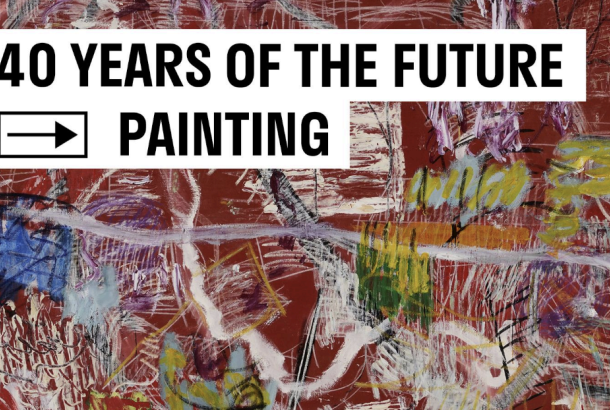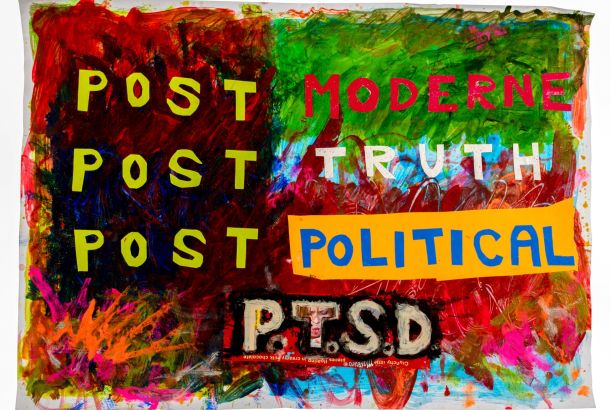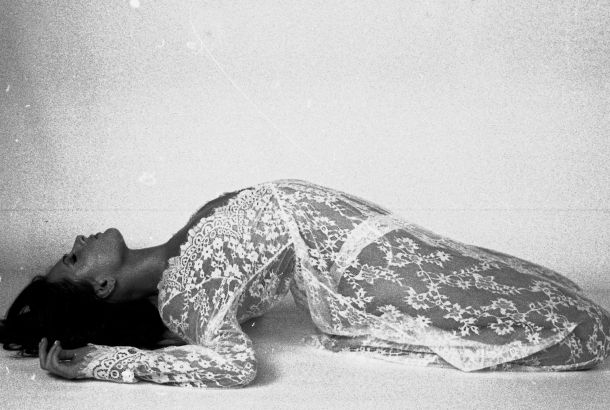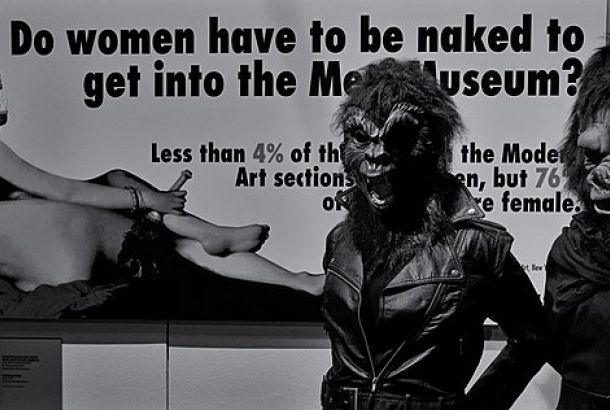Art in Mancunia: Rosie Plunkett
By Bella Jewell
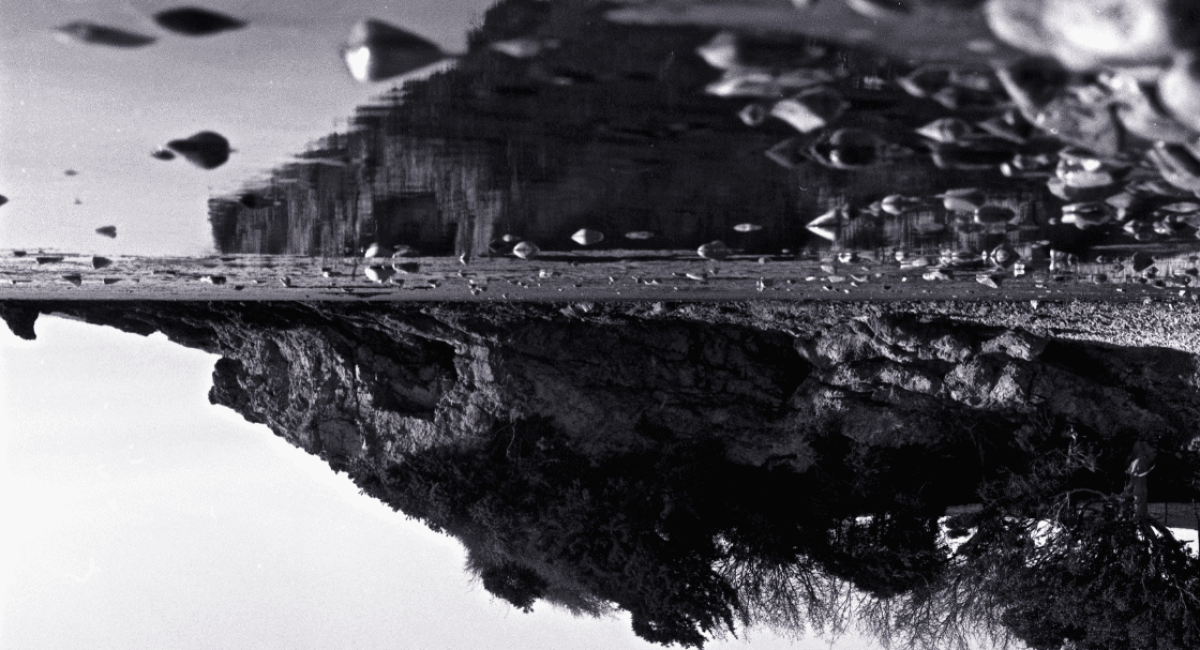
Rosie Plunkett, a second year photography student at MMU Art school, is stepping outside her comfort zone in her latest project. As an artist who usually focuses on human subjects, she decided to try her hand at the sort of landscape photography she loves, and the result is hauntingly beautiful.
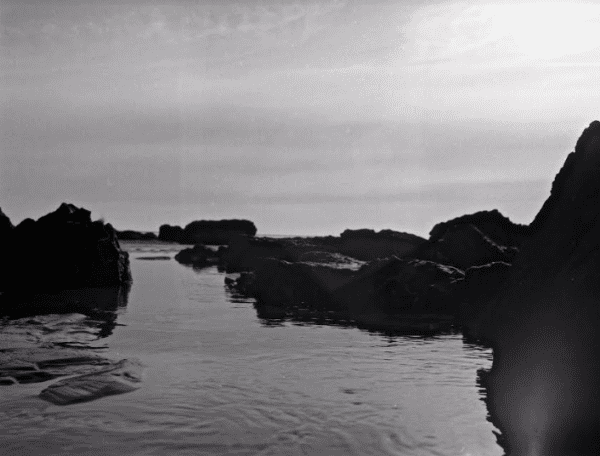
Following a University brief to create a book of their chosen subject, Plunkett chose to tackle a harrowing catastrophe, an incident she describes as a famous “case of exploitation and neglect that ended in tragedy.” The event in question is the 2004 Morecambe Bay cockling disaster; an appalling accident in which 23 illegal Chinese immigrants drowned in the fast-rising evening tides whilst collecting cockles. The group had been imported in containers to Liverpool in a clandestine operation and were then hired out via local criminal branches of international Chinese crime syndicates.
Working for inhumanely low wages – £5 per 25kg of cockles collected – the group were caught out by the unfamiliar tide pattern, only for local emergency services to find a gruesome case of mass drowning and hyperthermia.
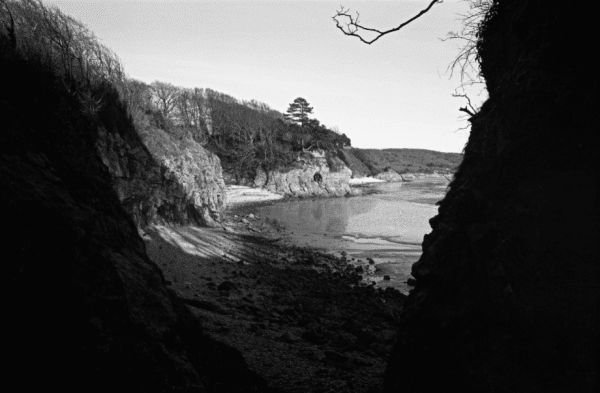
Plunkett expresses her “passion” for the project, given her “personal connection to the Morecambe Bay landscape.” In this way, she seeks to “challenge [her] personal relationship to this landscape and make [her] re-evaluate [her] feelings towards it.” The intriguing aspect of her work is portraying “how we can have such a harmonious relationships with such beautiful landscapes… when for others it is the most disastrous place on earth?”
Indeed, her monochrome photographs capture the harsh coldness of the scenery whilst simultaneously evoking a peaceful stillness.
The artist describes how she is still wrestling with certain questions: “How can these relationships exist within the same space and how does that, in turn, affect the way that we view it? How do the landscape and the people who inhabit it change after events like this?”
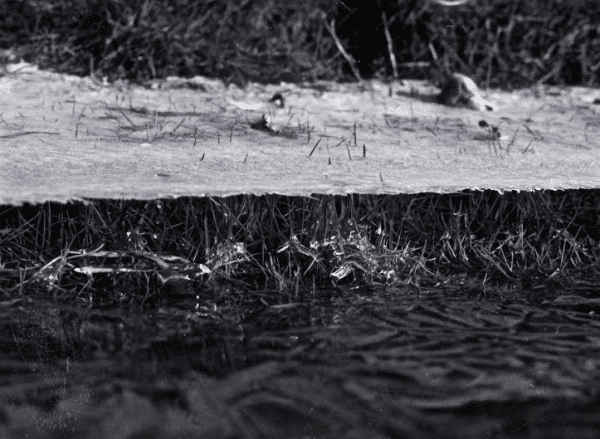
Plunkett’s work constructs a perplexing dichotomy that is often overlooked; the synonymy of a space with the past and future tragedies contained within it. As inhabitants of Manchester, the home to several horrific tragedies, ranging from the Peterloo Massacre of 200 years ago, to the IRA bombing of the last century, and the Manchester Arena attack of recent memory, do we need to re-examine our personal understanding of our shared space?
